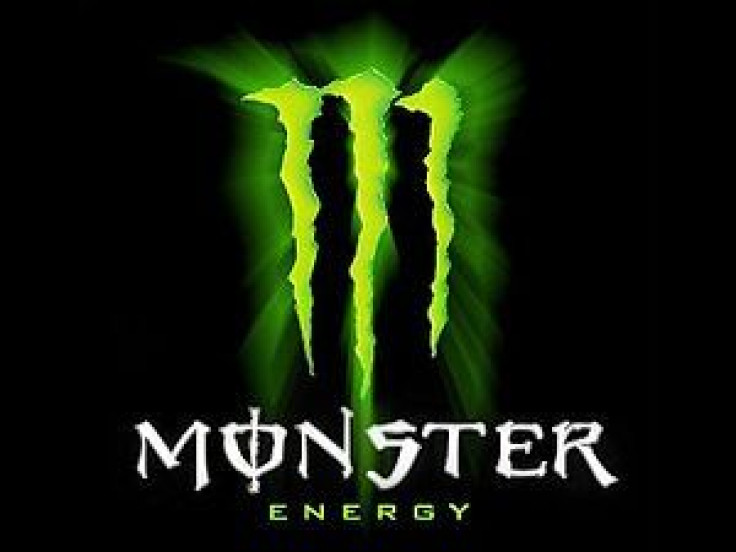City Sues Monster: San Francisco City Attorney Dennis Herrera Suing Monster Energy Drink Co.

The caffeine levels in Monster Energy drinks has one San Francisco lawyer very hyped up. City Attorney Dennis Herrera has filed a lawsuit against the popular drink brand Monster Beverage Corp., charging that the youth-targeted caffeinated beverages offer unhealthy levels of stimulants.
The lawsuit states that brain seizures and “severe cardiac arrest” are some of the effects caused by Monster drinks, which Herrera says are marketed to children, whose bodies are not equipped to handle the high amount of caffeine, sugar and chemicals included in the beverages, NBC reported Monday.
According to the Wall Street Journal, the lawsuit was in response to federal and state authorities' latest efforts to combat energy drink companies accused of marketing to consumers as young as age 6. Energy drinks are reportedly a $10 billion U.S. industry.
"Monster Energy is unique among energy drink makers for the extent to which it targets children and youth in its marketing, despite the known risks its products pose to young people's health and safety," said Herrera.
Monster has reportedly filed a countersuit, claiming that the levels of caffeine in its drinks are healthier than the levels in Starbucks beverages, which children are also free to purchase.
“[Monster Energy has] less than half the caffeine per ounce of the leading brands of coffee-house-brewed coffee … Today, any child can walk into Starbucks and buy an unlimited number [of large coffees] with no restrictions or limitations,” said Monster, reported the San Francisco Business Times Monday.
The beverage company claims Herrera’s lawsuit has more to do with gaining notoriety than serving a scientific or public-health purpose.
According to a February 2013 caffeinated-drink study conducted by Chemical and Engineering News, the average amount of caffeine in an 8-ounce can of Monster Energy is 92 mg, compared with 300 mg of caffeine in a Grande (16 oz.) Starbucks coffee, reported The Daily Mail. Starbucks denied that finding, saying a traditional Grande cup of their famous java contains only 140 mg of caffeine.
In March, a Hagerstown, Md., family filed a lawsuit against Monster Beverage Corp., blaming the energy drink for the death of their 14-year-old daughter, Anais Fournier, in 2011. The Fournier family claimed the teen died after consuming two Monster beverages; the autopsy report cited the cause of death as cardiac arrhythmia, irregular heartbeat caused by caffeine toxicity and caffeine overdose. Monster said there was no medical and scientific evidence to support the cause of the teen's death.
© Copyright IBTimes 2024. All rights reserved.












